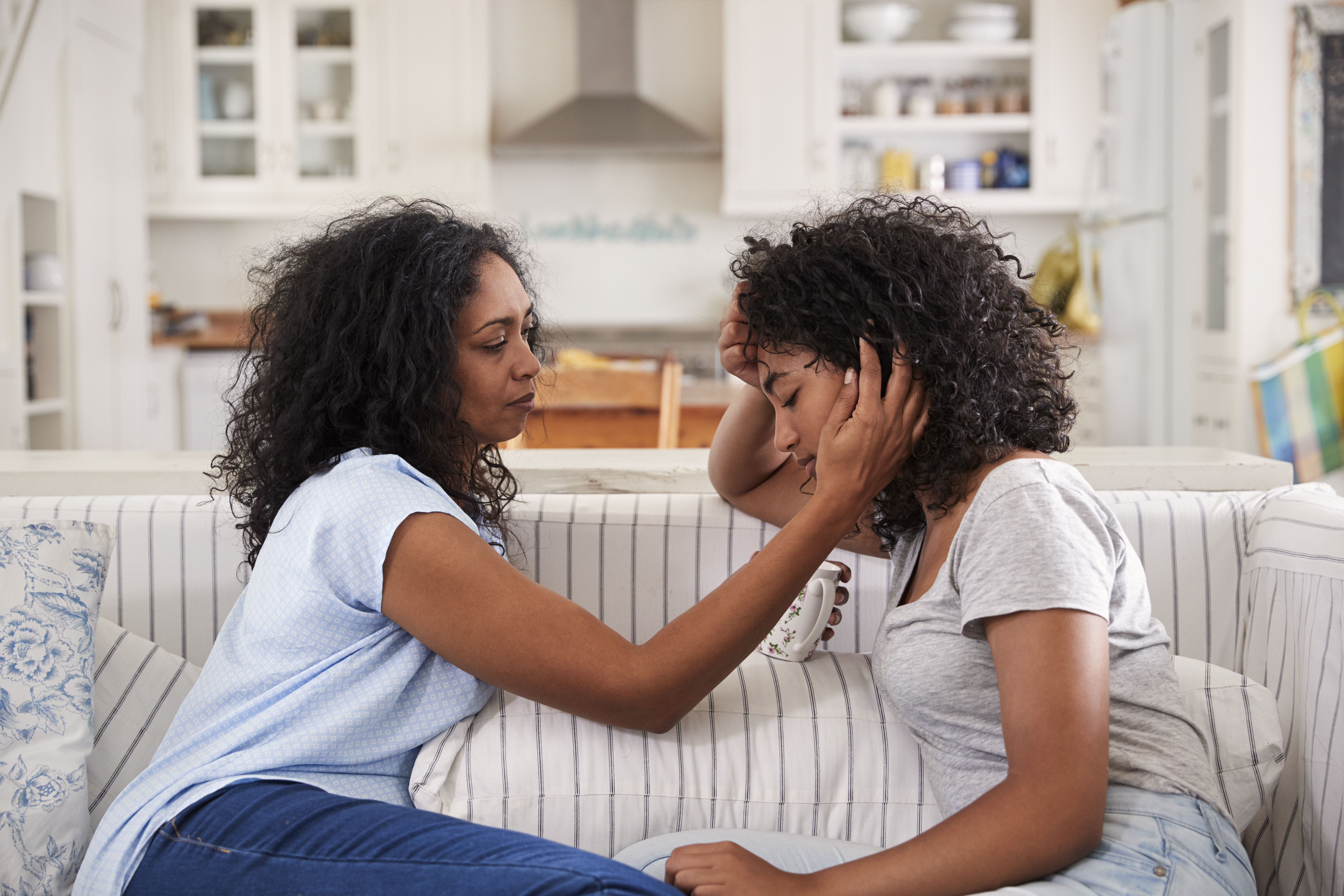Your teenager is changing both mentally and physically as they get older. Even without the added impact of cancer, this can create tension between you and your child. As frustrating as it can be, remember that this is normal. Despite your conflicts, your teenager needs you to help them grow into a distinct individual.
As your teenager moves through adolescence, they will start to become more independent. They will start to think in more abstract ways and begin to figure out their own personal morals and values. They may start to assert themselves, whereas they may have previously gone along with whatever was asked of them to please others.
Having cancer can make your teenager’s development, and your role in supporting it, a lot more complicated. It can be difficult to manage the tension between your teenager’s desires to be a "normal" independent teenager and the reality of being a cancer patient who needs extra support and guidance. This section contains some tips on supporting your teenager’s development through treatment and recovery.
Getting started
A good place to start is by understanding normal adolescent development and how this can be affected by having cancer.
- Educate yourself through books and websites, and by visiting blogs or forums written by teenagers with cancer. These can offer insight into what your teenager is experiencing. The teen section has information about accessing credible information online.
- Try to remember the struggles you faced during adolescence, but also realize that the world has changed since you were a teenager. Today, teenagers face struggles that teenagers from earlier generations may not have experienced (e.g., navigating social media and the internet).
- Ask members of your teen’s health-care team for information or referrals to appropriate resources. Your teen’s health-care team can be a great source of information and support. They have a lot of experience working with teens and families coping with serious illness.
Talk about normal physical and emotional development
Talk to your child about the changes related to normal adolescent development that are ahead of them. If possible, begin this conversation as early as possible. Address any questions they may have about their body. Some good resources related to normal adolescent and teen development are included in the resource page.
Maintain expectations
Often, expectations change when a teenager has cancer. Their physical abilities can change and can impact how much they are able to contribute in the household. Requirements for school attendance and performance often change, as do expectations related to attitude and behaviour. Pain, side effects of treatment and medications can all impact your teen’s behaviour, making it difficult to set expectations.
Even though it’s challenging, having realistic expectations is important for your teen, yourself and your partner, and any siblings in the home. Setting expectations and boundaries shows that you trust and believe in your teen’s abilities, even though they are ill. Consistent positive discipline also remains important. Work to develop expectations as a family, with the understanding that these will need to be flexible, depending on how your teenager is feeling.
Choose your battles wisely
During treatment and recovery, there will probably be times when your teenager will make choices with which you don’t agree. Try to resist the urge to be too protective and remember that they need to learn by making their own mistakes. Try to save arguments for serious issues that have a real impact on your teenager’s health or well-being.
Address risky behaviours
Drugs, alcohol and smoking can be especially harmful while your teenager is on treatment or recovering from treatment. Your teen will learn about the risks of drinking, taking drugs and smoking in the section on Lifestyle in their cancer program. Help support your teen in making healthier decisions by discussing the impacts of these behaviours openly and honestly. If you have questions or concerns about these behaviours, talk to your teen’s health-care team.
Respect your teen’s privacy
For cancer patients, privacy is often in short supply. You need to grant your teenager some privacy to help them become an adult. Even if you are entering their room to provide care, demonstrate your respect by knocking first.
You might find that your teenager won’t share their thoughts and activities with you all the time. This can be especially difficult for parents when they are worrying about their teenager’s health. It is not easy, but try to find a balance between protecting your teenager’s health and promoting their autonomy.
Monitor
While you should be mindful of your teen’s privacy, it is still important to be aware of what they are watching and reading. Teenagers have access to a tremendous amount of information over the internet. You may have to set limits for the amount of time your teenager is spending in front of the TV, on the computer or on their phone. Find out who your teenager is talking with online and what they are learning from the media. Emphasize the importance of being respectful in their interactions online. For more information about internet safety, check out the Canadian Centre for Child Protection Inc.

